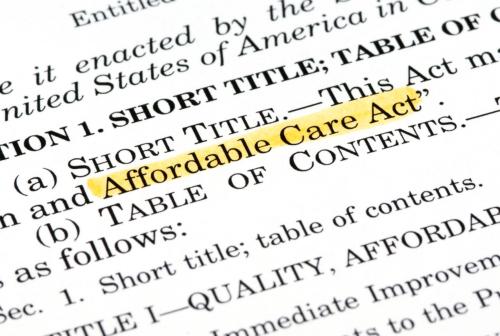

8:30 am EDT - 11:30 am EDT
Past Event
8:30 am - 11:30 am EDT
Rayburn House Office Building
Washington, DC
20515
Physician leadership provides the critical foundation for health care delivery and payment reform. Patients identify physicians, nurses and other health care professionals as known, trusted partners for guiding decisions and navigating the health care system. Clinicians, at front line of care delivery, are often the best source of practical ideas for identifying opportunities to change health care delivery in ways that improve health and lower costs. However, the current physician payment system does not generally support these innovative ideas, because payments are tied to the volume and intensity of services and not to quality of care and its impact on patient health.
On Wednesday, April 10, The Engelberg Center for Health Care Reform at Brookings convened “Physician Leadership in Payment Reform” to highlight the role that clinical leaders can play in physician payment reform, and included bipartisan perspectives from both legislators and physicians, in an effort to better understand how alternative payment models to our current reimbursement can improve quality and coordination between primary care and specialists.
The Congressional representatives and panelists the event highlighted potential key elements for physician-led payment reform:
These reforms can begin modestly, as incremental changes from current fee-for-service payments, but should scale up as experience and evidence on their impact increases. Reforms that are aligning payments and better care can be reinforcing, and include:
These payment reforms can complement each other, and can rely on complementary performance measures. Quality measures that must accompany these reforms are getting better, and are increasingly focused on patient outcomes and experience.
Improving patient care is the foundation for payment reform, with savings as a result of better and more coordinated care. With new payment policies, policymakers can make it easier for physicians to undertake the kind of leadership necessary to get to better management and coordination of care. But clinician leadership is needed to develop and implement these reforms successfully.
9:15 am - 9:35 am
9:35 am - 10:05 am
10:05 am - 10:50 am
8:30 am - 9:00 am
10:50 am - 11:25 am

Elaine Kamarck
April 17, 2024

Matthew Fiedler
April 11, 2024

Richard G. Frank
April 2, 2024